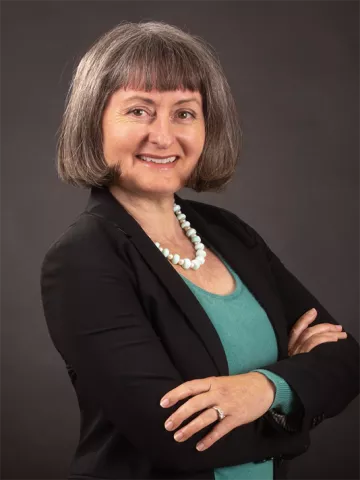
National Board Secretary (2022-present); Board Director (2021-present); Angeles Chapter PolCom (2023-present); West LA Group ExCom (2020-present)
Culver City Mayor & Councilmember (2012-2020); Founding Board Director Local Progress (2013-2020); Co-Founder Bike Culver City (2010-present); California Zero Traffic Fatalities Task Force (2019-2020); Southern California Association of Governments (2014-2020); Clean Power Alliance (2017-2020); Mobile Source Air Pollution Reduction Committee (2019-2020); Metro Expo Line Construction Authority (2014-2017)
Solving the climate crisis is the most important, urgent work of our time, and Sierra Club is the organization leading this existential fight. My motivation to continue as Board Director is rooted in our collective work to advance climate justice, support our diverse communities and biodiversity, to ensure we survive and thrive.
Since my election in 2021, it’s been an honor to serve the Sierra Club community by setting policy and organizational priorities, listening to members, hiring our history-making Executive Director Benjamin Jealous, and working closely with our excellent staff and volunteers. I co-founded the Board’s Women’s Caucus (2021) and was entrusted by my colleagues to serve as Secretary (2022-present). With our current structural changes, budget challenges, and need to ensure the Sierra Club is positioned to succeed in the fight for climate justice, I believe I’m in an ideal position to continue advancing our critical work.
As California Director of an environmental non-profit, Elected Officials to Protect America, I work with elected leaders championing climate policies at all levels of government. With deep engagement in coalitions including Sierra Club, Center for Biological Diversity, Greenpeace, Center on Race Poverty and the Environment, Blue Green Alliance, and more, we collaborate to end fossil fuel extraction, hold polluters accountable, support a just transition for fossil fuel workers, and have been instrumental in the passage of several climate bills in the California Legislature.
A former elected official myself, I was a proud Sierra Club endorsed candidate (2012, 2016), receiving an Angeles Chapter Political Leadership Award in 2018. My biggest environmental achievements were won through close collaboration with Sierra Club volunteers and staff. Accomplishments as Culver City Mayor & City Council Member (2012-2020) include: leading Culver City’s transition to 100% renewable energy; spearheading the city’s legislation to end oil drilling; launching Culver City’s equity and youth empowerment initiatives; enacting Culver City’s Sanctuary City policies; initiating the city’s sustainable water policies and ban on polystyrene; and championing affordable housing and groundbreaking tenant protections.
I hope to continue my Board tenure to advance our shared goals to protect our ecosystem, ensure outdoors access for all, act for justice, transform our energy system and build community power to protect our future. I would greatly appreciate your vote!
Endorsements (to date)
North Dakota Chapter
Florida Chapter
- Utah Chapter
Vice President for Conservation Ross Macfarlane
Vice President for Chapters, Groups, and Volunteers Patrick Murphy
Treasurer Cheyenne Skye Branscum
National Sierra Club Board Directors: Shruti Bhatnagar, Rita Harris, Debbie Heaton, David Holtz, Cynthia Hoyle, Tony Fuller, Dave Scott
Former Board Directors: Susana Reyes, Mike O’Brien
Chair of Chapter Chair Representatives Mary Ann Ruiz
Grassroots Network Representative Doug Fetterly
Angeles Chapter Executive Committee Member, West Los Angeles Group Chair & Clean Break Committee Chair David Haake